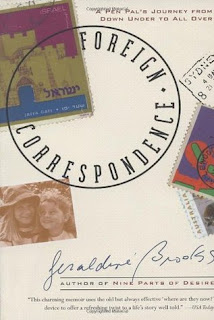Osman, Richard "We Solve Murders" - 2024
I absolutely loved Richard Osman's first books because I do love him as a person and also got to love him as an author, So, I was quite happy, when my son gave me this for Christmas.
If this was a movie, this would be an action thriller rather than a murder mystery. I love watching murder mysteries (though I don't read them much) but I really don't like action movies. Far too loud for me.
I must say, this was almost the same with this book. I heard people complain about his first books that there were too many characters and that you did confused. Well, if you got confused with the first lot, this one will certainly not do for you. It took me quite a while to even understand who was who and what they were up to. My book has 464 pages and I think I got into the story at around page 200. Far too late and I would have given up if it weren't for the author.
There is some humour in this book but not the humour I am used to from Richard Osman. Such a pity.
From the back cover:
"Steve Wheeler is enjoying retired life. He does the odd bit of investigation work, but he prefers his familiar habits and routines: the pub quiz, his favorite bench, his cat waiting for him when he comes home. His days of adventure are over: adrenaline is daughter-in-law Amy’s business now.
Amy Wheeler thinks adrenaline is good for the soul. As a private security officer, she doesn’t stay still long enough for habits or routines. She’s currently on a remote island keeping world-famous author Rosie D’Antonio alive. Which was meant to be an easy job...
Then a dead body, a bag of money, and a killer with their sights on Amy have her sending an SOS to the only person she trusts. A breakneck race around the world begins, but can Amy and Steve stay one step ahead of a lethal enemy?"



























